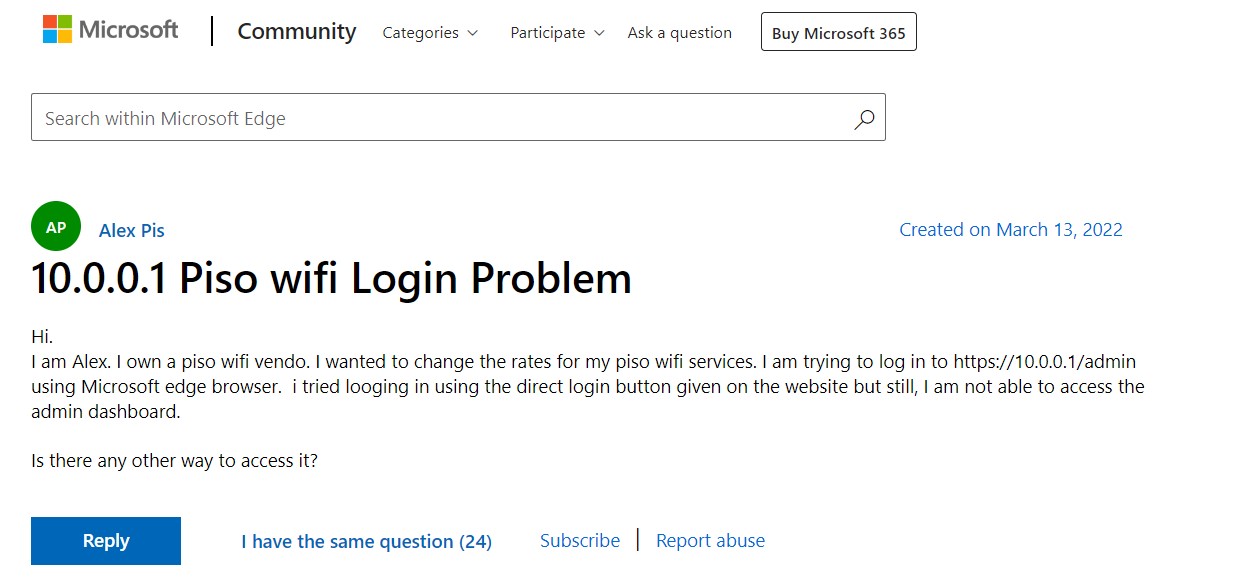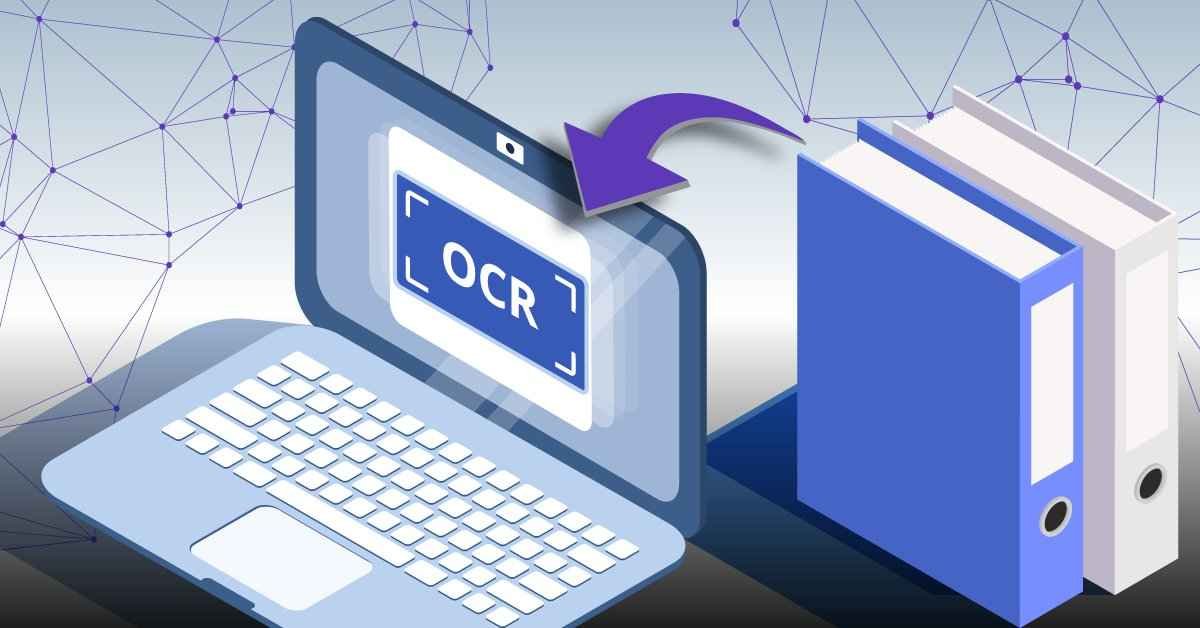Video KYC Verification: Everything You Need To Know

Table of Contents
Organizations employ video KYC solutions to fast-pace customer onboarding and employee hiring process by minimizing the risk of customer abandonment. The banking and financial industry has implemented video KYC verification to improve the consumer identification procedure and digital onboarding process. This procedure initiates by video KYC solution providers for digital customer onboarding in banks, Micro-ATMs, and other financial organizations, it is a 10-minute paperwork process that helps banks enhance their Know Your Customer systems. Anyone interested in working for a firm nowadays must complete a KYC verification process. The procedure entails:
Providing documentation and details about a person’s background, their connection to businesses and organizations, and verifying the source of funding. However, individuals can transmit this data in a variety of ways, which can be advantageous or disadvantageous based on the scenario.

What is Video KYC?
Video KYC is a technique that enables clients to submit their papers during a KYC video identification process. This allows businesses to rapidly and easily acquire reliable, verified data. Assume a corporation decides to accept individuals who have undergone KYC video verification. In such instances, they will process the paperwork more quickly than if they were filed through traditional channels, saving time and resources.
Companies must do background checks on everybody who engages in their firm in any capacity. Passports, driver’s licenses, utility bills, and other documents may be required. These checks assist firms in verifying the information given by candidates and preventing fraud.
Video KYC Importance
Businesses, in most situations, must acquire the papers directly, scan them, and submit them to their webpage. If only one individual submits fewer copies of the documents, the procedure will be quick. However, for organizations with a large number of workers that must submit documentation, this may be exceedingly time-consuming and costly. A person may submit all their data through the video KYC process, making it convenient for organizations to get the relevant papers without wasting time or money.
Benefits of Video KYC
The biggest advantage of video KYC over other methods of verification is that it may drastically cut fees and verification times. Companies may ensure that all of their customers have been thoroughly verified before beginning to engage with them by employing video KYC. Other advantages of video KYC include:
An Efficient Process
When a large number of papers are submitted, verification time might take months. When a client gives the firm one copy of the document, they might not want to repeat that action again. Luckily, that is not the problem with video KYC, as the client’s full application may validate in minutes.
Data Security
There is less possibility for mistakes and misleading data with this sort of validation procedure. Furthermore, because each file uploads separately, it can not be falsified or fabricated later by someone with complete access to the system.
Precision
Businesses can conduct the verification process themselves rather than relying on third-party solutions. This saves money while also ensuring that the data they receive is more accurate and latest.
Swift Process
When a person submits their papers via video KYC. It takes less time than traditional procedures. Because no hard copy documents get delivered or receive.
Quick Onboarding
If a company has to fill numerous jobs fast, having all of the relevant documentation in place. Then, their verification can help businesses fast pace their entire recruitment process.
Mitigating Fraud
As all of the required papers supply through video, it is impossible to pass off a fraudulent or duplicate document without discovery.
Productivity gains and fewer documentation errors
By eliminating the inefficiencies associated with paper-based paperwork and manual operations, video KYC increases worker productivity.
According to reports, digitizing paperwork can increase productivity by 20%, and using AI-powered verification procedures can increase efficiency even further by decreasing potential verification errors.
Onboarding and KYC costs reduce drastically
According to some surveys, automating KYC procedures can save businesses up to 50% on their costs.
Due to the digital nature of the procedure, the absence of paperwork, and the use of automated verification methods, video KYC has been found to lower onboarding expenses by 90%.
With fewer drop-offs, a smooth onboarding journey is possible
Paper-based KYC procedures were sometimes fragmented and inefficient, resulting in approximately 40% of clients leaving the KYC verification process.
Because more than 55% of consumers prefer a digital means of identity verification, Video KYC ensures a simple and flawless onboarding process for customers by making the process totally digital and automated. This is exactly in line with customer preferences.
Furthermore, according to surveys, automating KYC procedures reduces KYC drop-offs by 20%.
Regulation for Video KYC Process
A corporation must first have a third-party provider that validates clients’ identities and processes paperwork before it can employ video KYC. This solution is provided by a variety of firms, and the verification method varies based on the business type. The goal of this sort of technology is to deliver reliable data, allowing businesses to finish the verification process in a fraction of the time it would consume using conventional techniques.
The video KYC solutions provider must adhere to specified requirements to guarantee that the procedure is lawful, fair, and efficient. Fairness and honesty are critical in this situation, particularly when taking data from certain groups like kids, criminals, or victims.
Use Cases of Video KYC
To authenticate their staff or clients, many internet businesses use video KYC. Uber, Paytm, and Amazon are just a few of these companies. All of these businesses adhere to rigorous client relationships and data confidentiality policies. That is why they refuse to submit personal papers by email or fax, opting instead for video KYC as the ideal choice for their business operations.
Conclusion
Video KYC minimizes the time and cost of submitting hard copy files and enables businesses to validate clients’ identities without personally delivering or gathering any data. This technology offers a lot of advantages and is a wonderful method to speed up the verification process while also boosting security and precision. As a consequence of its potential to give a speedier option for organizations searching for an effective solution. The video KYC industry expects to grow in the future years.



